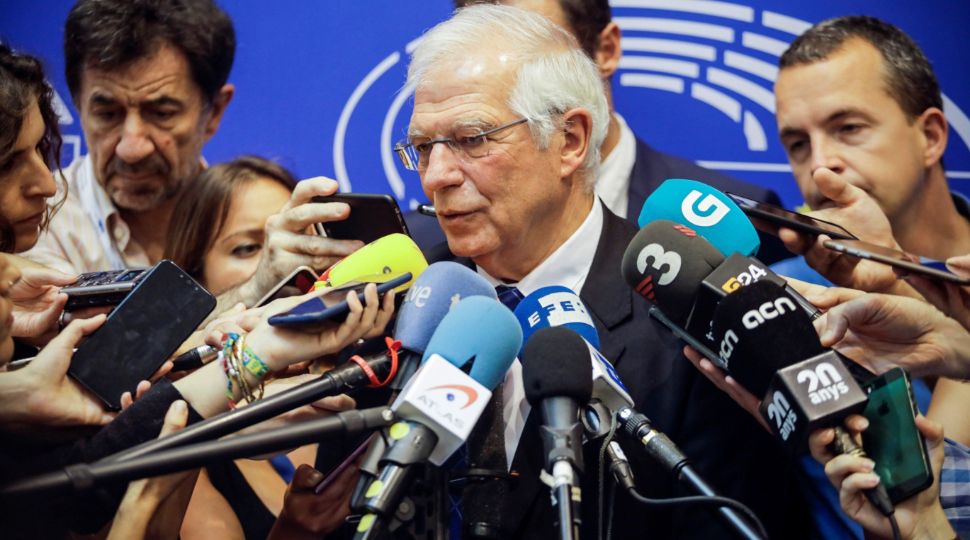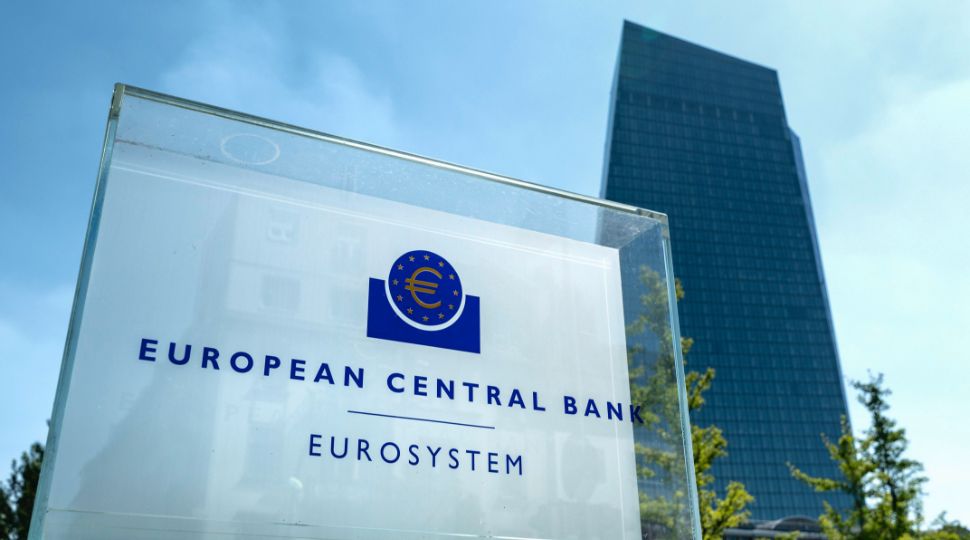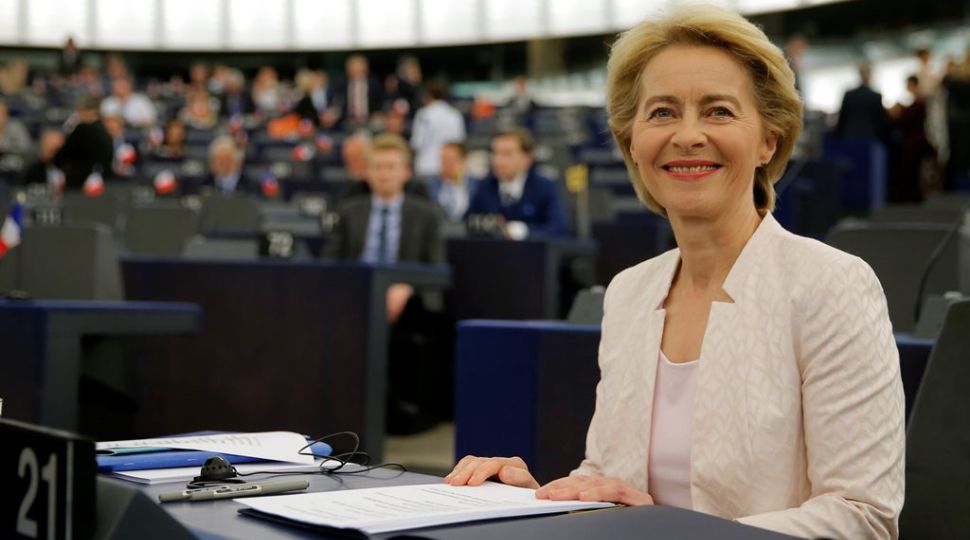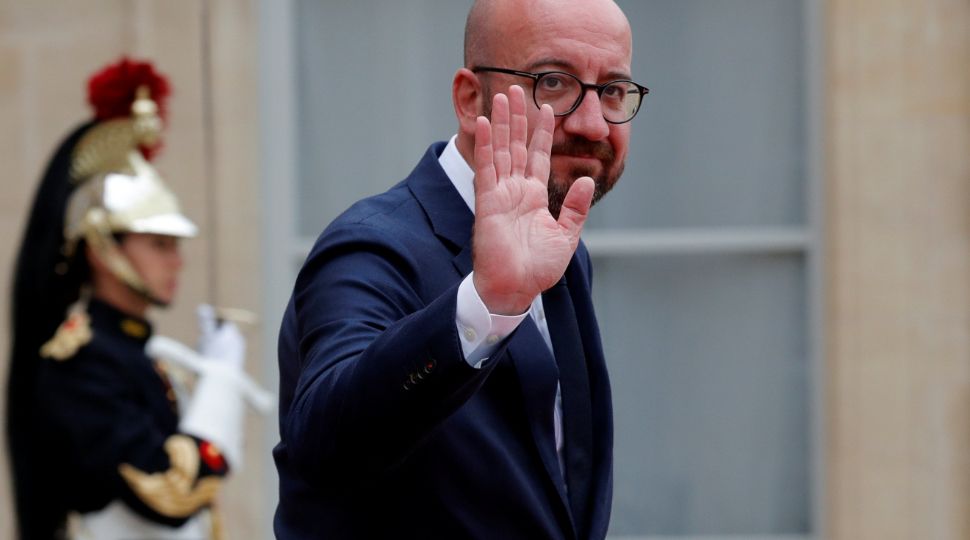The Significance of Josep Borrell's Election as EU High Representative for Foreign Affairs and Security Policy

Borrell’s Profile
The candidate for the HR has a great deal of experience in Spanish politics. He began his career in the period of the Spanish democratic transition in the late 1970s. As an economist and engineer, he became the secretary of state for finance (1984-1991) and minister of public works, transport and environment (1991-1996) in Felipe González’s socialist administration. His career at a national level was interrupted when he failed in his bid to be elected leader of the Spanish Socialist Workers Party in 1998. After two decades he returned to Spanish politics as foreign affairs minister. In the meantime, Borrell gained experience in European politics. In 2002, he was working in the Convention on the Future of Europe established to create the EU’s draft constitution. He was the European Parliament (EP) speaker (2004-2007), and chairman of the Committee of Development (2007-2009). After his failure in the European elections in 2009, he left politics for nine years.
Borrell is known as an assertive politician. This trait was clearly seen in 1993 when he coordinated the liberalisation of the telecommunications services sector in Spain. He threatened to abandon the liberalisation unless the European Commission accepted the prior provision of telecommunications services to every Spanish citizen. In November 2018, he threatened to veto the UK exit agreement with EU if the parties wouldn’t agree to future negotiations between UK and Spain concerning the status of Gibraltar. Borrell is also known for his provocative statements. In May 2018, he gave a TV interview in which he described U.S. President Donald Trump’s declaration about possible American military intervention in Venezuela as “cowboy behaviour”.
Borrell’s legal problems may raise concerns over his nomination. In 2018, he was fined for the use of confidential information in stock transactions. His collaborators from the Finance Ministry were sentenced to prison for corruption in 1999.
Foreign Affairs Priorities
Borrell will continue to follow Mogherini’s goals for the EU’s Global Strategy. The priorities are to ensure the security of the EU, strengthen the countries and societies of the neighbourhood, protect the global order based on international law, support multilateral cooperation, and mediate in conflicts. However, his priorities will probably be affected by Spanish interests. Due to the irregular migration that mostly affected southern European countries, the importance of relations with Africa will increase. Borrell will focus on increasing development aid and creating some permanent mechanisms of cooperation with countries such as Morocco, Tunisia or Algieria. The “Third Plan for Africa”, elaborated by the Spanish government in March, may be an inspiration for European solutions in this area. According to the EC’s suggestions, the measures for Africa could be financed by increasing the European Neighborhood Instrument fund and incorporating it into one large instrument for European development policy in the framework of the Multiannual Financial Framework after 2020.
Relations with Latin American countries will also be an area of intensified activities. This is indicated by, among other things, Borrell's important contribution as the head of the Spanish Foreign Ministry in concluding the EU-Mercosur agreement. The Pacific Alliance of Mexico, Colombia, Peru and Chile could also be an attractive cooperation partner. Borrell will probably also be involved in conflict resolution on the continent. He recently criticised the U.S.-EU International Contact Group on Venezuela for being too slow. This suggests that he will seek to improve the mediation process between the Venezuelan government and the opposition.
Borrell may be more critical of Russia than his predecessor. In May this year, he gave a press interview in which he called Russia "the old enemy of the EU". In addition, Russia's support of President Nicolas Maduro's regime in Venezuela, and its dissemination of disinformation during the elections in Mexico and Colombia, are damaging Spanish interests in Latin America. However, an active policy towards the EU's Eastern Neighbourhood will not be the High Representative's priority. Neither is it likely that the Western Balkans will be subject to increased activity. Known as an opponent of Catalan separatism, Borrell will seek to avoid addressing the uncomfortable issue of Kosovo's status. Spain does not recognise its independence for fear of creating a precedent for the independence of Catalonia.
An important area of Borrell's activities will be the common security and defence policy. He supports the construction of a security and defence union, and in the long run a European army. He does not question the necessity of cooperation with NATO, but opposes the participation of non-European entities in projects under the European Defence Fund (EDF) and permanent structured cooperation in the field of security (PESCO).
On institutional matters, the High Representative will improve cooperation between the European External Action Service (EEAS) and the Member States. Borrell is most likely to seek to increase the importance of regular meetings with foreign ministers in Brussels, in order to better coordinate diplomatic activities and formulate a more proactive policy at EU level. He will probably introduce personnel and structural changes within the EEAS, which may be criticised if they favour Spain excessively. Probably, despite the faint chance of success, he will push for a departure from the unanimity rule in decisions on the common foreign and security policy, in favour of qualified majority voting.
Conclusions
Borrell's EU diplomacy is likely to be more involved than that of his predecessors in relations with North African and Latin American countries. Borrell will also focus on improving the effectiveness of foreign policy, which will primarily mean intensifying cooperation with Member States and EU institutions. The challenge will be to move away from Mogherini's practices regarding the privilege of countrymen in filling posts within the EEAS. However, it is unlikely that Borrell, from the country which is currently overrepresented within the Service, will change standards in this respect. A change in political rhetoric will be visible, and EU diplomacy will probably gain a firmer voice, not shunning criticism of the actions of other countries, including close partners. This could mean an increase in political tensions between Member States, and consolidate current conservatism in the transmission of political initiatives of EU diplomacy.
Borrell will implement Spanish foreign policy priorities to some extent. He will focus primarily on increasing financial support for African countries to reduce irregular migration, which is also postulated by other EU countries, including Poland. The High Representative will focus on seeking new instruments for cooperation with the region, which would replace unsuccessful initiatives of recent years.
Borrell will conduct an assertive policy towards global powers, including the United States. From Poland's point of view, it is important that he will not oppose restrictive policy towards Russia. However, his chances of initiating actions aimed at tightening such restrictions at EU level are slim. He will probably not block other Eastern policy initiatives, such as the strengthening of the Eastern Partnership. However, funds for its implementation may be reduced as a result of the expected increase in development aid funds for African countries.






